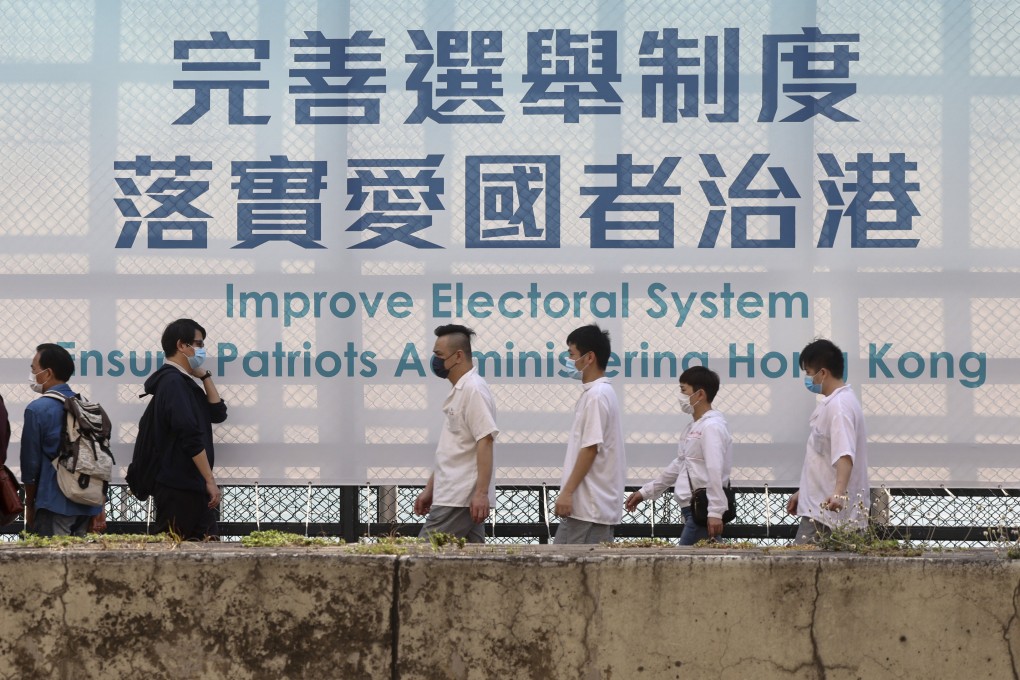Western-style democracy ‘would doom Hong Kong to chaos’, Chinese officials say
- Wang Zhenmin says socioeconomic problems would never be solved if the city adopted a US or British approach
- Hong Kong must not lose order or peace because of democracy, he says

Hong Kong will be doomed to chaos if its political system cannot ensure patriots are firmly in charge, former and serving mainland Chinese officials said in Beijing on Tuesday.
“If Hong Kong imported the American or British style of democracy, we can imagine what Hong Kong would look like today and in the future: the chief executive would naturally be one of their people, with legislative and executive power, and even the governance over Hong Kong would be completely lost to them,” Wang told a forum hosted by the semi-official Chinese Association of Hong Kong and Macau Studies.
He said that if Hong Kong pursued that path, there would be repeated social upheaval and the political scene would be all “about elections”.
Wang now also heads the national security affairs department of the Hong Kong and Macau Affairs Office of China’s State Council, the Post has learned.